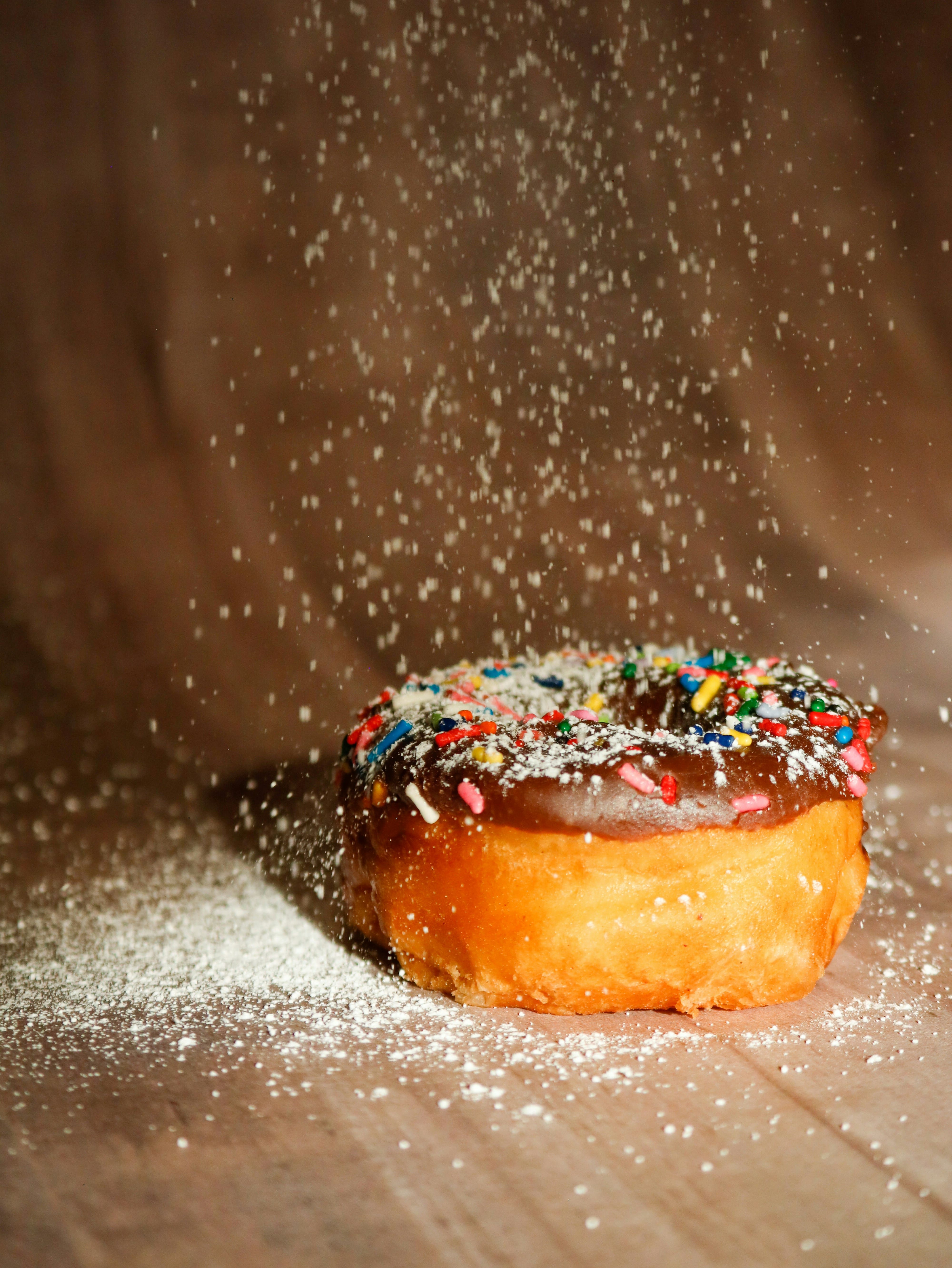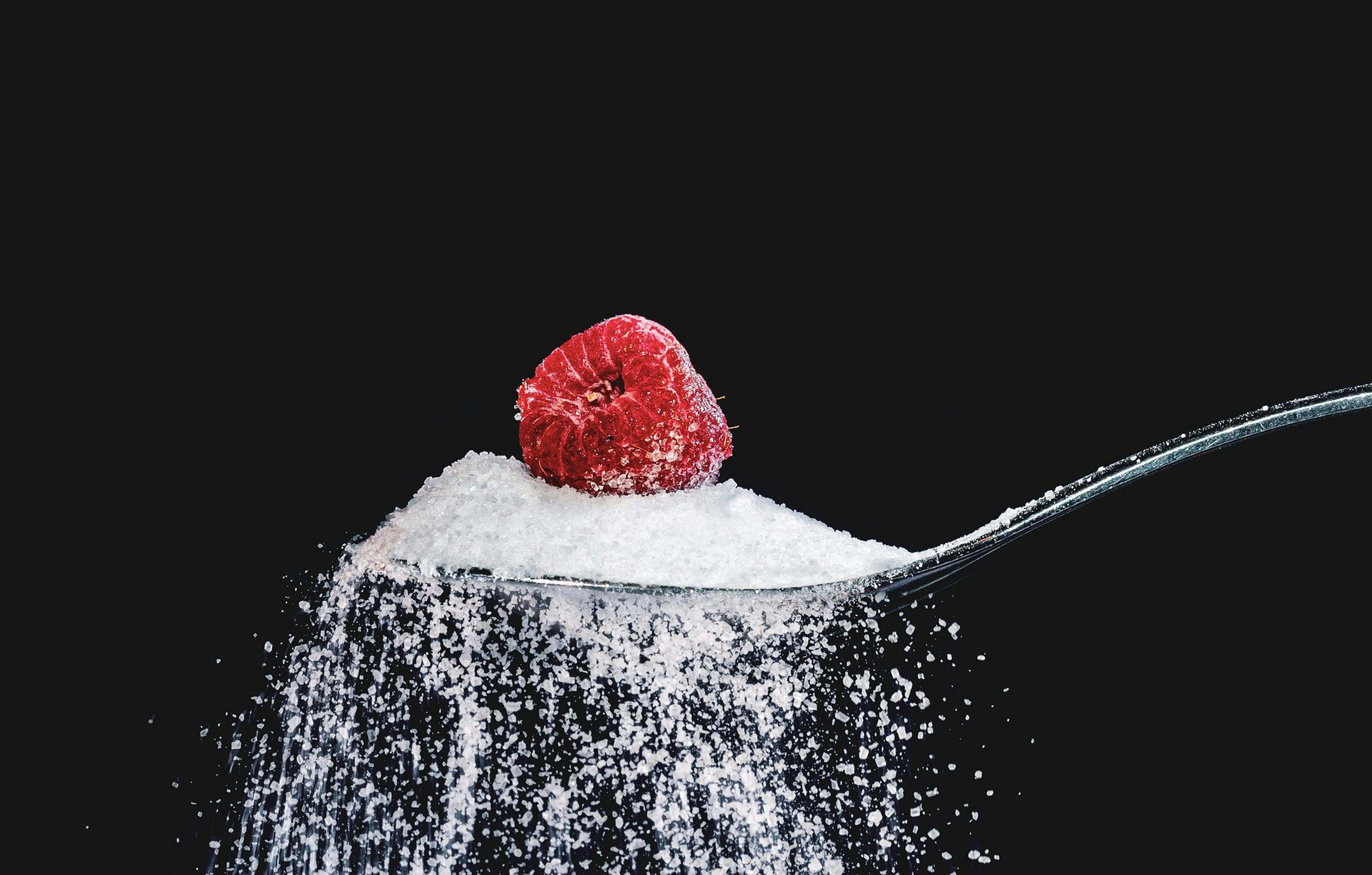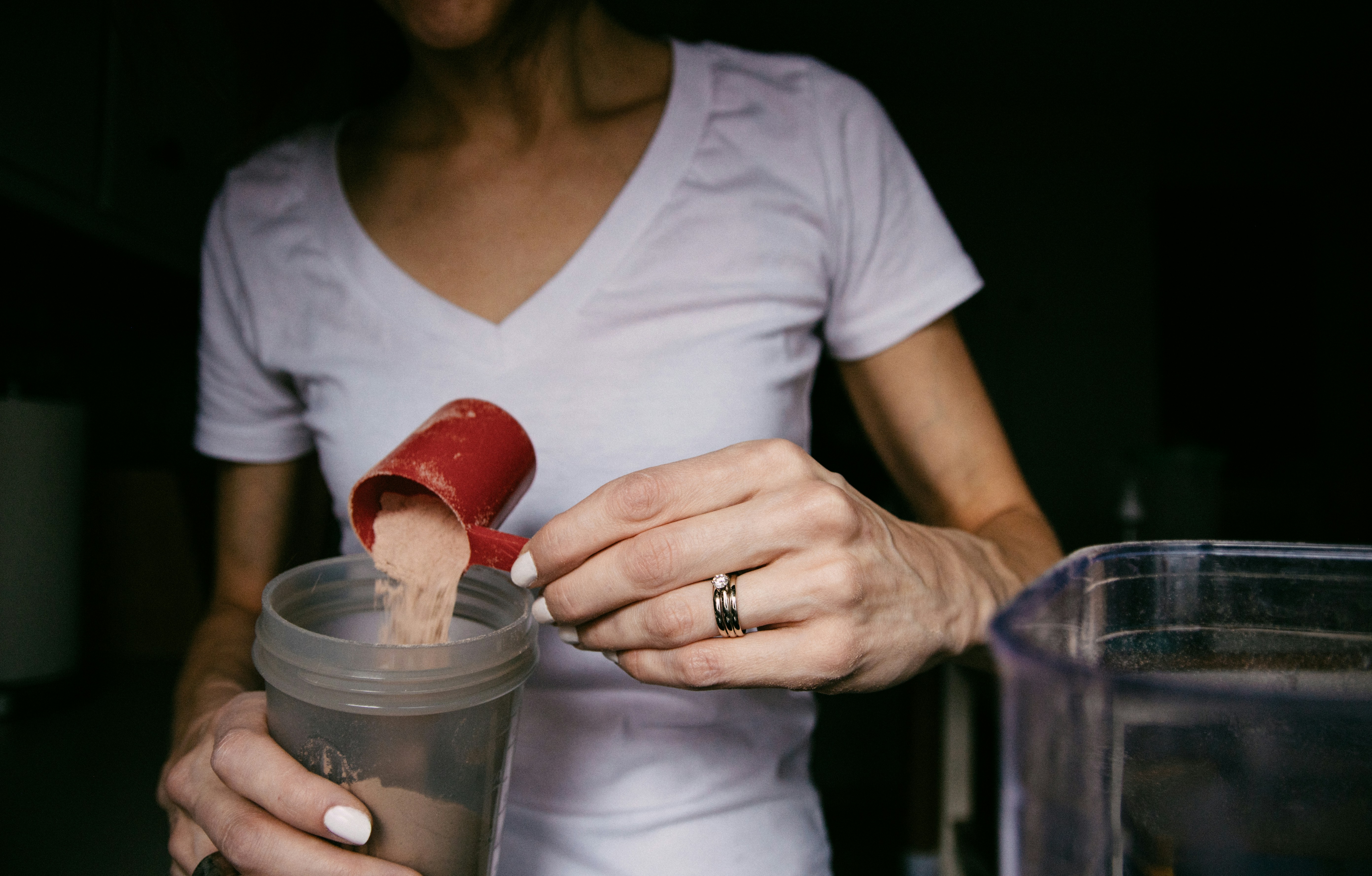Now Reading: How Sugar Impacts Addiction Recovery
-
01
How Sugar Impacts Addiction Recovery
How Sugar Impacts Addiction Recovery

Discover how sugar impacts addiction recovery. Learn how it affects cravings, mood, and healing, and why reducing sugar supports lasting sobriety.
Introduction
When people begin the journey of addiction recovery, they often replace one craving with another. It’s no surprise that sugar becomes a common substitute. Cookies, candy, energy drinks, and sweetened coffee quickly become comfort items. While sugar may seem harmless compared to drugs or alcohol, it plays a larger role than most people realize.
In this article, we’ll explore how sugar impacts addiction recovery, from its effects on cravings and mood to its influence on healing and relapse risk. You’ll also discover how making healthier food choices can support long-term sobriety.
Why Sugar Cravings Are Common in Recovery
During active addiction, the brain is flooded with dopamine—the feel-good chemical. When a person stops using substances, dopamine levels crash. This drop leads to low mood, anxiety, and intense cravings. Sugar stimulates dopamine production, so it becomes a quick fix to feel better.
📊 A study in Neuroscience & Biobehavioral Reviews (2013) found that sugar activates the brain’s reward system in a way similar to addictive substances like cocaine or opioids 1.
It’s not just psychological—there’s also a biological connection. Many substances, particularly alcohol and opioids, destabilize blood sugar levels. After quitting, the body continues to crave fast sources of glucose to compensate.
How Sugar Impacts Addiction Recovery: 5 Key Ways
1. Triggers Cravings and Relapse
Sugar spikes your blood sugar levels quickly, followed by a crash. This rollercoaster effect can mimic the highs and lows of substance use. Over time, sugar can reinforce the same compulsive behaviors as drugs or alcohol.
When blood sugar crashes, people often feel tired, irritable, or emotionally unstable. These feelings can trigger a relapse, especially if someone is still building coping tools.
2. Affects Mood and Mental Health
Mood swings are a common part of early recovery. Unfortunately, high sugar intake makes them worse. After eating sugary foods, people may feel a temporary lift, but soon experience anxiety, depression, or even agitation.
📊 A 2017 study published in Scientific Reports found that men who consumed high amounts of sugar had a 23% higher risk of common mental disorders such as anxiety and depression 2.
Managing emotional stability is key in recovery, and limiting sugar can help reduce emotional volatility.
3. Delays Physical Healing
Recovery is not only emotional—it’s physical. Substance use often damages the liver, gut, heart, and brain. A diet high in sugar can increase inflammation, slowing down the body’s healing processes.
Sugar also weakens the immune system. In a time when the body needs nutrients to rebuild itself, sugar offers empty calories with no nutritional value.
4. Leads to Nutritional Deficiencies
Most sugary foods are processed and stripped of important nutrients. When sugar becomes a main source of calories, it displaces healthier options like vegetables, lean proteins, and whole grains.
As a result, people in recovery may become deficient in:
- B vitamins – crucial for mood and energy
- Magnesium – helps manage stress and sleep
- Zinc and iron – support immunity and brain function
These nutrients are essential for long-term healing and emotional stability.
5. Creates a New Dependency
Recovery is about building freedom—not just from substances, but also from harmful patterns. When sugar becomes a new addiction, it undermines personal growth.
🎯 Substituting one dependency for another is called cross-addiction, and sugar is one of the most common and socially accepted forms.
While sugar doesn’t carry the same immediate risks as drugs or alcohol, its long-term health consequences can be severe—including weight gain, diabetes, and heart disease.

Healthier Alternatives to Support Recovery
Reducing sugar doesn’t mean giving up sweetness or comfort. Here are some satisfying, nutrient-rich alternatives:
| Instead of… | Try… |
|---|---|
| Soda or energy drinks | Sparkling water with lemon or berries |
| Candy or chocolate | Dark chocolate (70% or higher) |
| Ice cream | Frozen banana blended with yogurt |
| Sugary cereal | Oatmeal topped with fruit and seeds |
| Processed snacks | Apple slices with peanut butter |
Eating real, whole foods helps regulate blood sugar, support brain function, and reduce emotional ups and downs.
Practical Tips to Reduce Sugar in Recovery
- 🧠 Read labels. Sugar hides in places like sauces, salad dressings, and granola bars.
- 🕰️ Eat regularly. Skipping meals leads to sugar cravings. Aim for balanced meals every 4–5 hours.
- 🥗 Add protein and fiber. They keep you full longer and prevent blood sugar crashes.
- 💧 Stay hydrated. Dehydration can feel like hunger or sugar cravings. Drink plenty of water.
- 😌 Practice mindfulness. Ask: “Am I truly hungry or seeking comfort?”
- 🍓 Satisfy sweet cravings naturally. Choose fruits, smoothies, or herbal teas with cinnamon.
What Experts Say
“Nutrition plays a vital role in addiction recovery. Diets high in sugar can interfere with neurotransmitter balance, increase cravings, and heighten emotional instability.”
– Dr. David Wiss, PhD, CNS, specialist in nutrition and addiction recovery
The Long-Term Benefits of Reducing Sugar
Once sugar intake is reduced, most people in recovery notice:
- Improved sleep
- More stable energy
- Better mood and mental clarity
- Fewer cravings and emotional outbursts
- Stronger immune system and faster healing
These changes may seem subtle at first, but over time, they build a strong foundation for lasting sobriety.
Final Thoughts
Understanding how sugar impacts addiction recovery gives you one more tool to protect your progress. While sugar might seem harmless in the early days, it can silently sabotage emotional balance, cravings, and healing.
Choosing whole, nourishing foods isn’t about perfection—it’s about intention. Each time you reach for something that fuels your body and mind, you’re reinforcing the values of recovery: clarity, care, and self-respect.
Remember, your recovery deserves support in every area—including your plate.
References
- Avena, N. M., Rada, P., & Hoebel, B. G. (2008). Evidence for sugar addiction: Behavioral and neurochemical effects of intermittent, excessive sugar intake. Neuroscience & Biobehavioral Reviews, 32(1), 20–39. ↩
- Knüppel, A., Shipley, M. J., Llewellyn, C. H., & Brunner, E. J. (2017). Sugar intake from sweet food and beverages, common mental disorder and depression: prospective findings from the Whitehall II study. Scientific Reports, 7(1), 6287. ↩

Hi, I’m Kristi Jenkins, a passionate blogger and content writer with a love for storytelling. With years of experience in writing engaging and insightful articles, I focus on topics like mental health, lifestyle, and personal growth. My goal is to create content that inspires, educates, and connects with readers on a deeper level.

























